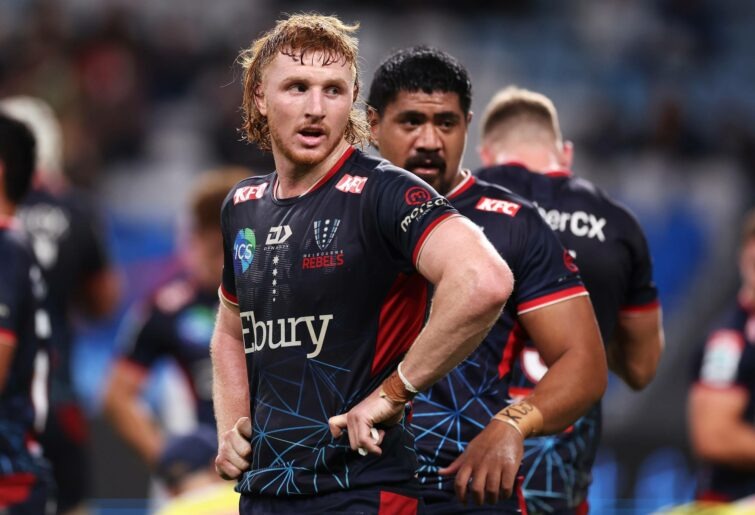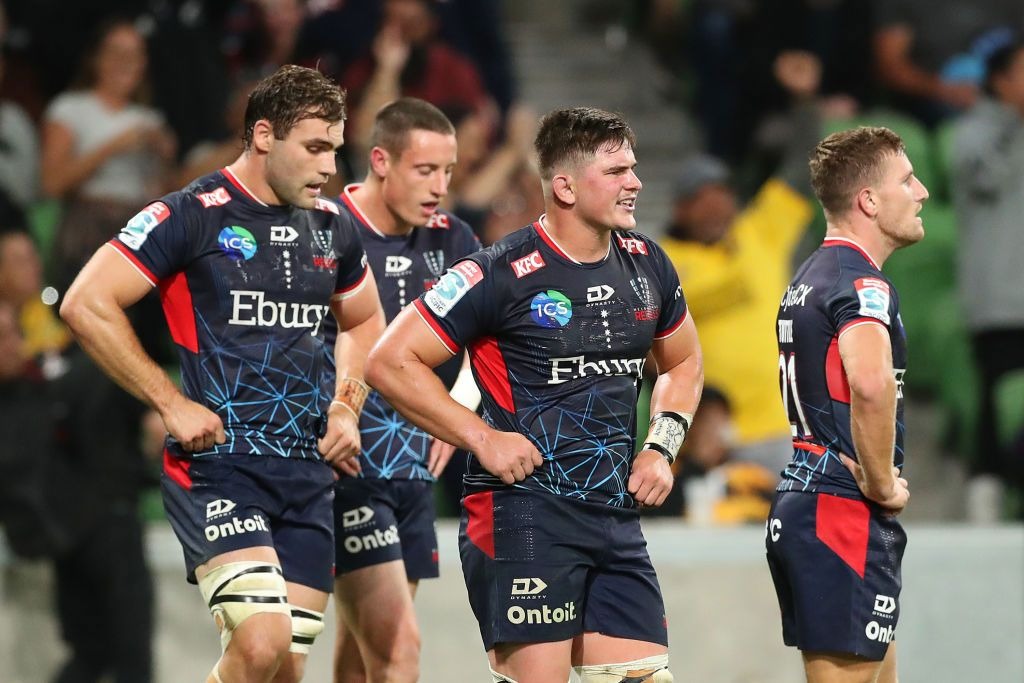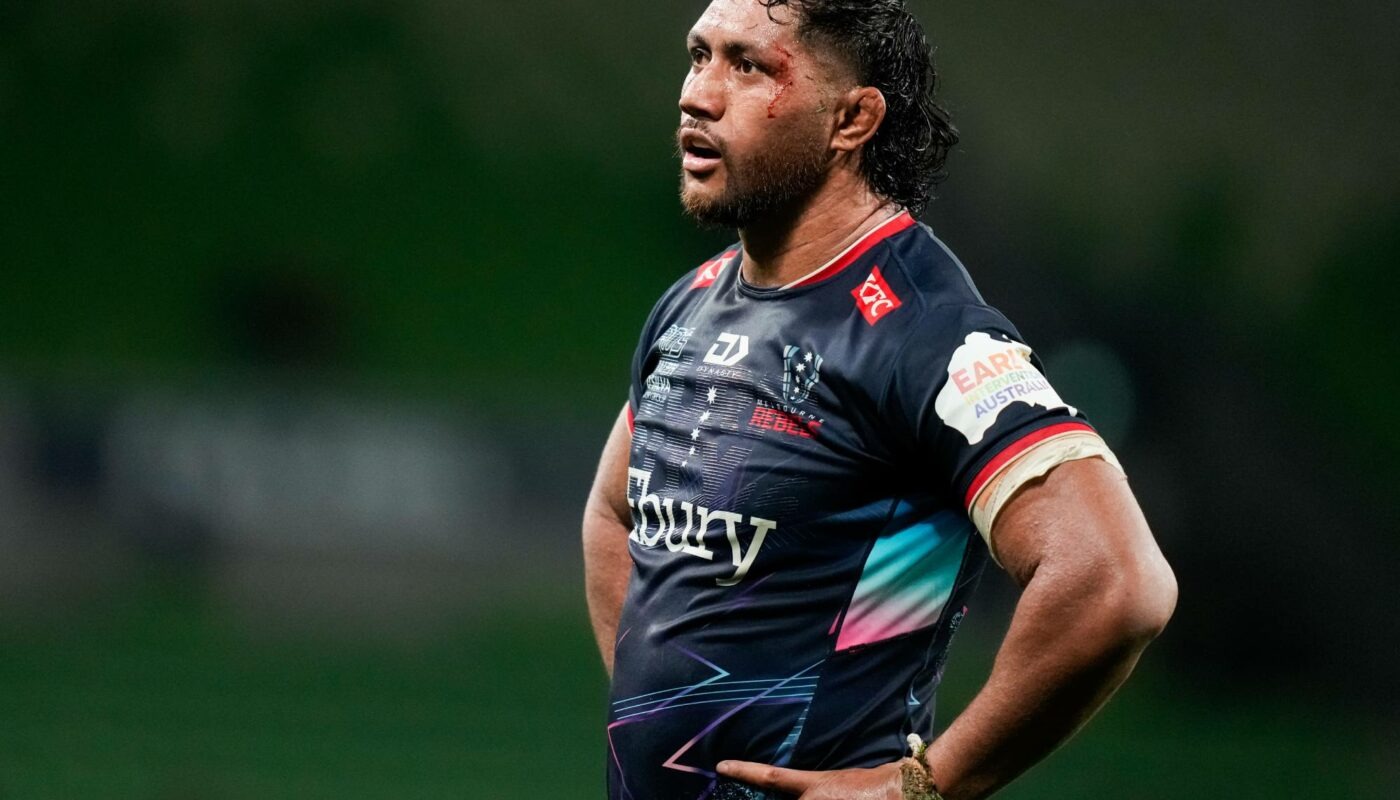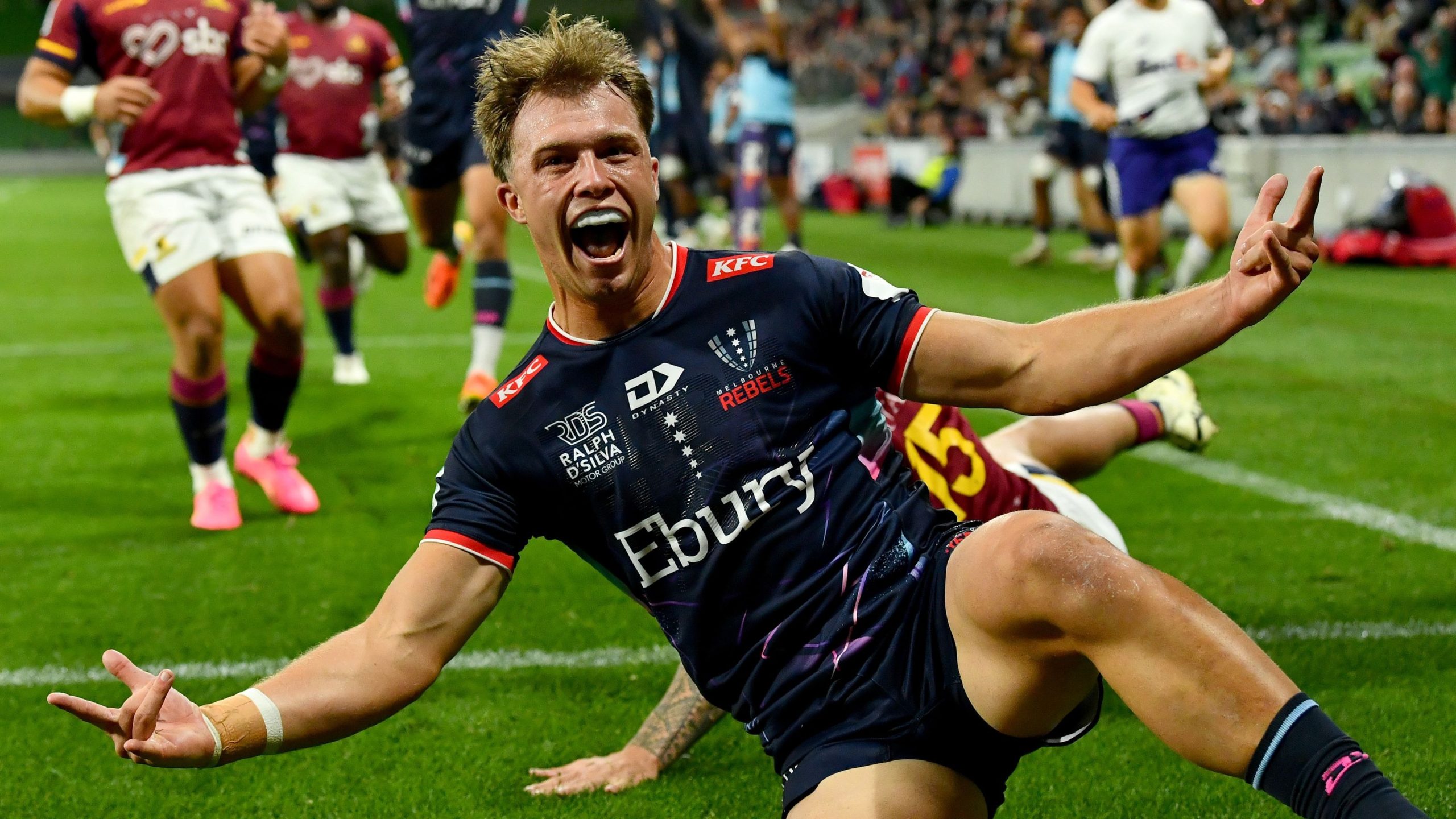One of rugby Australia’s enduring mysteries is what to do with an elusive “third tier”. Throughout the professional era, all the main roads led to the Wallabies. But with the victory of the 1999 World Cup and the Bledisloe Cup, two distant memories, has this financial and emotional investment been sufficiently repaid?

Super Rugby has proved problematic as fans and administrators are increasingly polarized over issues such as South Africa’s exit, the number of Australian franchises or even whether Australia should continue to participate.
or some, the justification for this is Australia’s persistent lack of success, while Rugby Australia’s recency is based on what they perceive as an unfair distribution of broadcasting revenues.
Others see the release of Super Rugby as an opportunity to reshape the national landscape; either to capitalize on the traditional strength of club rugby in Sydney and Brisbane, or to add new teams to the five existing Australian franchises.
On the other hand, coaches and players involved in high-level rugby understand that in order to win OR be competitive in the world of professional rugby, you have to continue to expose yourself to the best.

Australia’s A program this year has seen participation in a number of matches against Tonga, Samoa and Fiji. Another meeting is planned in Japan.
This includes an international competition regulated at the level of professional franchises (Super Rugby) and, preferably, the presence of a so-called “third level”, which fills the screen compared to club rugby (former NRC).
This is benign for some players and Wallabies who have been able to integrate players like Fraser McReight directly into the main squad to replace the happy test players.
But it is also another example of resources being thrown at the top of the pyramid, without sufficient reserve to consolidate the lower levels.

This is a unique problem for Australia. New Zealand, for example, has its NPC to keep the fans engaged with rugby and not only to keep the players on the field, but in many matters to work consistently in the combinations that they achieve in Super Rugby.
